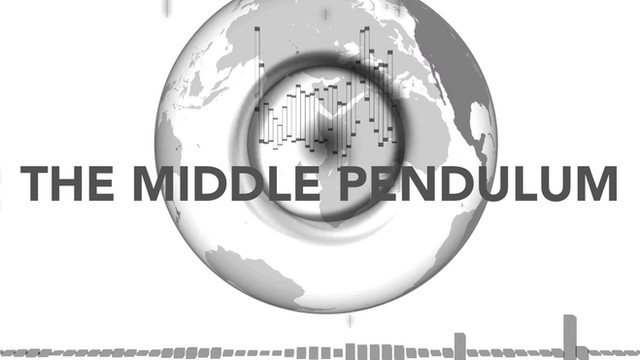HOME | DD
 SyeraMiktayee — Stamp - Just a theory?
SyeraMiktayee — Stamp - Just a theory?

Published: 2010-01-29 19:11:43 +0000 UTC; Views: 1561; Favourites: 59; Downloads: 14
Redirect to original
Description
Contrary to what detractors of certain areas of science claim, there is no such thing as "just" a theory.NotJustATheory.com explains it well:
"The Theory of Evolution is a theory, but guess what? When scientists use the word theory, it has a different meaning to normal everyday use. That's right, it all comes down to the multiple meanings of the word theory. If you said to a scientist that you didn't believe in evolution because it was "just a theory", they'd probably be a bit puzzled.
In everyday use, theory means a guess or a hunch, something that maybe needs proof. In science, a theory is not a guess, not a hunch. It's a well-substantiated, well-supported, well-documented explanation for our observations. It ties together all the facts about something, providing an explanation that fits all the observations and can be used to make predictions. In science, theory is the ultimate goal, the explanation. It's as close to proven as anything in science can be. "
Source: [link]
Related content
Comments: 12

I guess you never heard of the universal LAW of gravitation
👍: 0 ⏩: 0

The everyday use of the word "theory" is closer to the scientific definition of the word "hypothesis".
👍: 0 ⏩: 0

Uh... other way around, I think. A scientific theory explains a scientific law. A theory explains why things happen, and a law states that things happen.
Not sure if I'm correct or not here.
👍: 0 ⏩: 1

Which explains which can fully depend on how you with to look at it.
For example: Scientific Law: An object of a certain type of metal put in a certain type of acid will disolve.
The theory explaining this is that the chemicals react together because certain molécules hold ions that will react with the molécules contained in the metal.
Subset law: Molecule A + Molecule B, create a chemical reaction that creates Molecule C.
The theory explaining this gets into électrons and atomic particle mechanics.
And so on.
But the theory is the description and the law is the prediction, I would say, personnally.
👍: 0 ⏩: 1

Now, another way I've heard it explained is that a scientific law can be summed up by a mathematical statement. Newton's second law, Fnet=ma is a good example. A scientific theory explains a mechanism behind a phenomenon. The point is that they aren't above or below each other on a hierarchy, but they are side by side. If a law were somehow above a theory, you'd think germ theory would be a law by now.
👍: 0 ⏩: 1

Presented in mathematical terms maybe, but frequently a law is simply a statement of generalized fact. If you are really going to get down into the nitty gritty then you are going to find your individual representation crumbling.
I do not see it that way. A scientific theory may explains the mechanism BEHIND a law, as you said. Using other laws of a more fine or precise nature to describe it. Therefore those laws need their own theories, and so on.
Germ theory has plenty of laws, it is just they are so specific frequently, or generally we do not use mathematical calculations to describe them, that we percieve them as "facts" instead. The simple law from germ theory? Micro-organisms cause certain diseases.
👍: 0 ⏩: 0

Thank you for making this. As someone who is into the sciences it really bothers me when people mistake the scientific use of the word theory for the everyday one.
👍: 0 ⏩: 0

Don't forget to add that to be considered a theory, it has to be almost universally accepted by the scientific community
👍: 0 ⏩: 1

No. "Scientific community" is a very... vague term. Some of the most incredible idiots I have ever met fit into this category. According to some, creationist theologians fit, for example.
Also, by that logic, you would have me believe that for a theory in say... quantum physics would have to be accepted by everybody who is classed as a scientist, even by reasonable terms. For example, I, a guy trained in immunology, microbiology, psychology and neuropsychology, would have to be properly convinced that it is valid, even though I have less understanding in the matter than some high school students, who are interested in it. Every stubborn guy, who believes another science to be incompetent for no real reason could cast doubt over any theory from it, despite his competence in his own field and utter incompetence in the other.
👍: 0 ⏩: 0

OMFG. THANK you. THANK you VERY MUCH.
What people are thinking of when they say 'theory' is 'guess' or sometimes 'hypothesis'. I absolutely HATE IT when people say 'And now to test my theory...' or things of that sort. A theory is something that has already been tested---it's passed the best test available to us, the scientific method.
👍: 0 ⏩: 0

i don't believe in chess or music! noo its illusion, lie, makebeleive. XD *emoticion*
👍: 0 ⏩: 0




















